How to maintain a good security and backup strategy, Part 1 - the Home
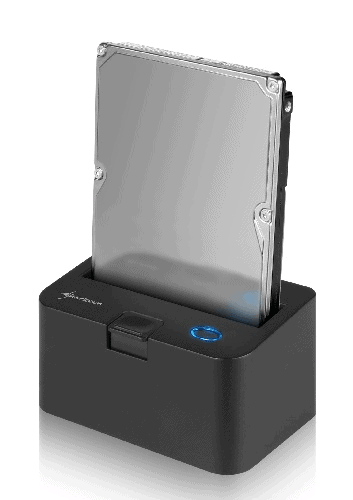
Data is now everywhere and we store pretty much everything as data. Contacts, diaries, music, photographs, videos, conversations, business records, everything is data. In fact more and more people are shredding the paper copies of everything they have and going digital with scanned copies of important documents being much easier to store. Unfortunately this also makes this data and information much easier to lose!
In this multi-part article I'm going to look at best-practice strategies for backing up your important files and documents. I want to start with the home and begin this part by looking at some of the devices we now have our data stored on. In years gone by it was just an Internet-connected PC on which you stored information. Now however we have laptops, netbooks, tablets and smartphones. All of these devices have personal data on them.
This leaves out desktops, laptops and netbooks. Now these computers are most likely running either a version of Windows or Apple's OS X. Both operating systems are secure by default. You should always make sure you have a strong password on any portable computer however and also preferably on a desktop PC. This won't stop someone getting at your data if they remove the hard disk, but it will make it difficult for the average thief.
Home users will commonly not have access to the encryption technologies available to business users with the Professional and Enterprise copies of operating systems such as Windows, so have to rely on passwords alone to keep their data secure.
With backups however it's very easy and important to make sure that you have backups of all your files and data. In previous years people have used CDs and DVDs to store backups. I don't recommend this any more. These mediums are prone to data degradation over time and under certain conditions, such as heat or cold. Hard disk technology has dropped in price considerably in the last few years however and a good-sized external hard disk can be bought for under $100.
Keeping regular backups (ie. settings either an automated backup solution using software such as Windows Backup or setting yourself an alarm reminder) once a month or maybe even more frequently is a fantastic routine to get into. It doesn't take much time or effort to make a backup once you have it running.
You might wonder though what you would do with this external hard disk once you have your backup? After all, if you have a burglary or a house fire it too could be destroyed and surely an online backup service such as Mozy or Carbonite would be better. If you don't have a large file collection then online backups are excellent. For everybody else though it can take months, or even longer to back up all your files online. Also when it comes to restoring them should your computer be lost or damaged, can also take days or even weeks.
Thus my recommendation, while you can use this in concert with an online backup service, is to store this external hard disk somewhere secure but off site, away from your home. Perhaps you can keep it with a family member or close friend. Try to avoid the obvious locations where thieves may look, such as the back of the wardrobe. Perhaps the bottom of the sideboard could be more hidden away.
Then once a month or so you can bring the hard disk back for a day or two, update the backup and send it away again. This way, not only do you have a safe and secure backup, even safe from a house fire, you can also restore your files quickly should you need to.
In part two of this article series I'll look at good backup strategies for small businesses.
Advertisement
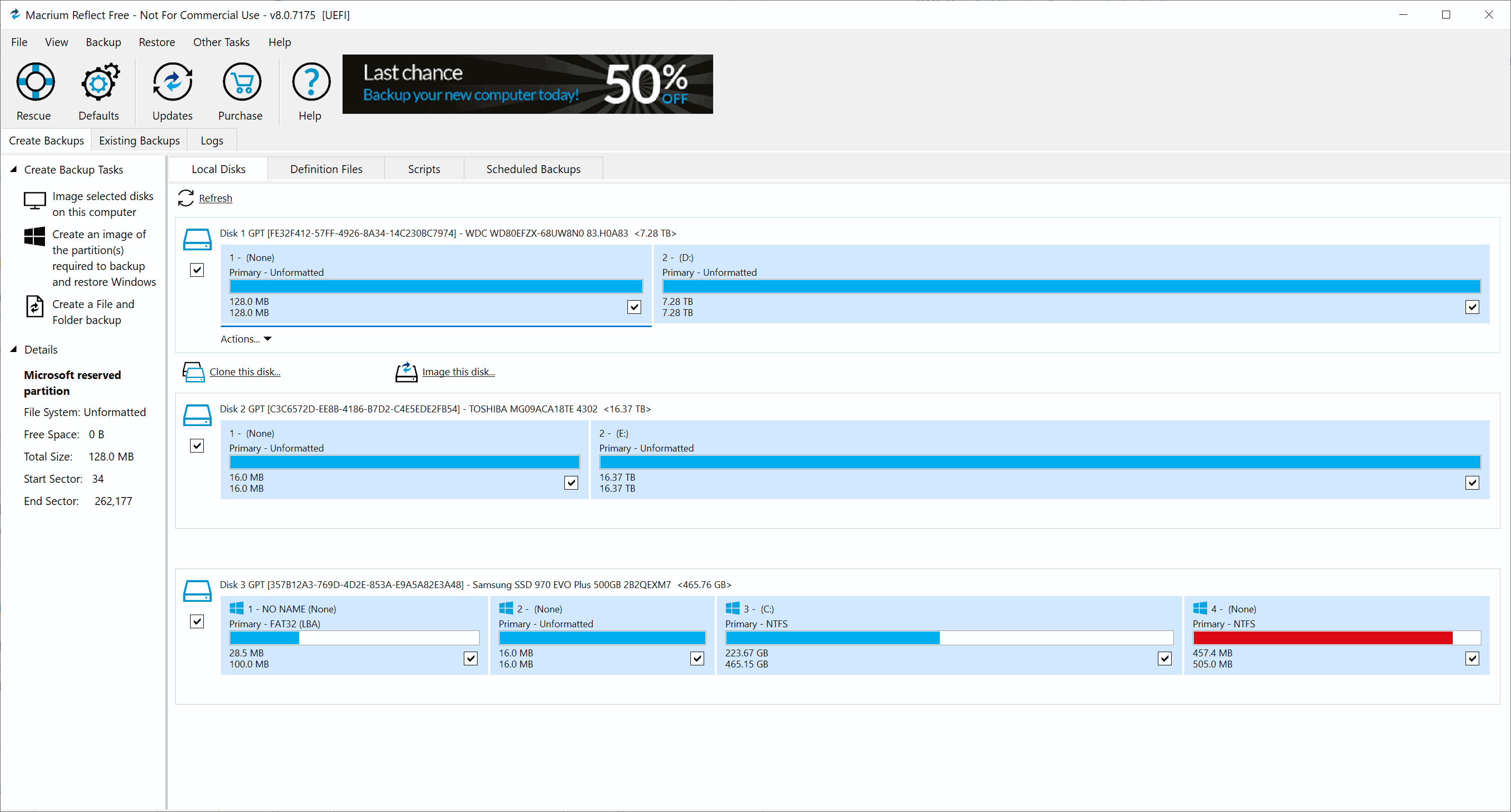
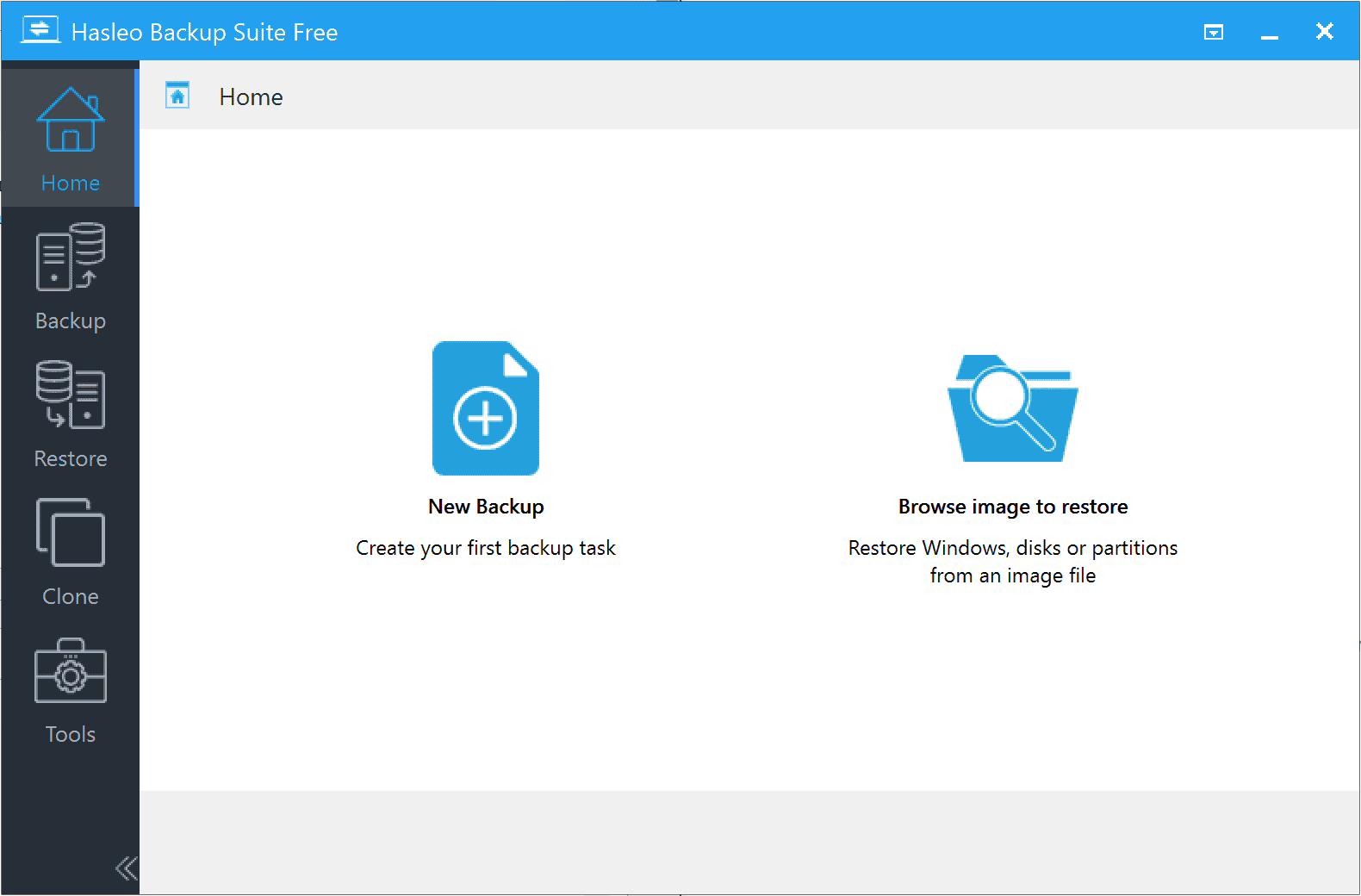
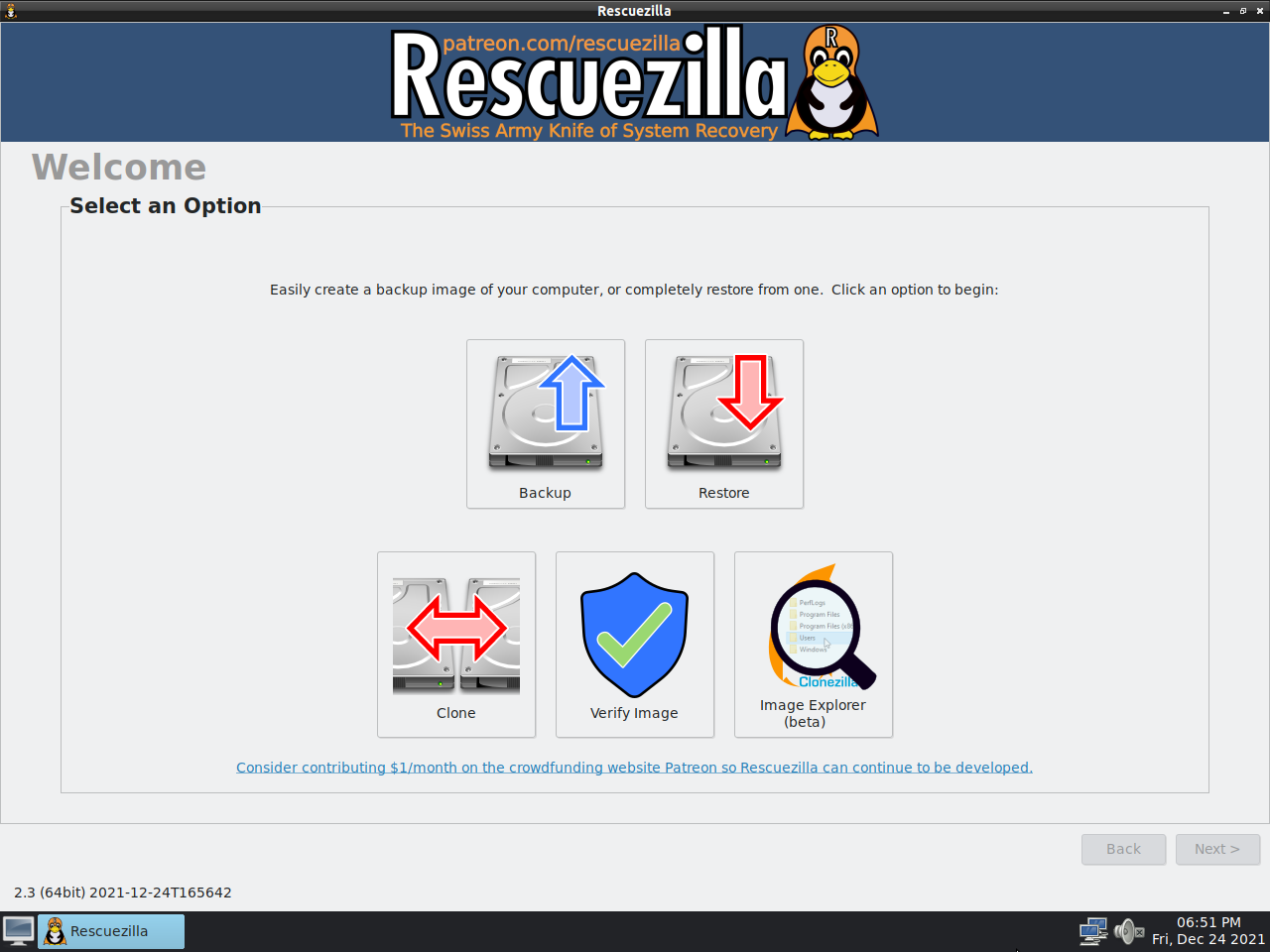
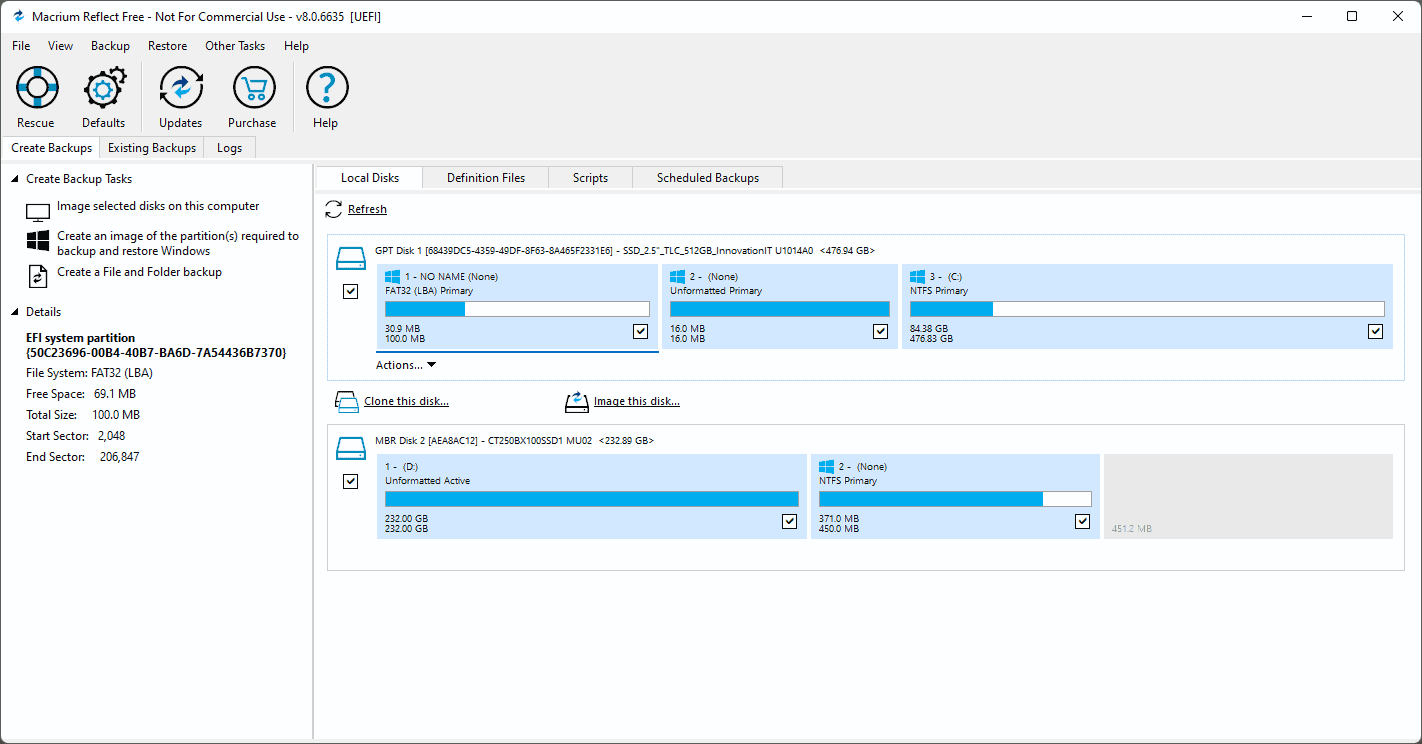
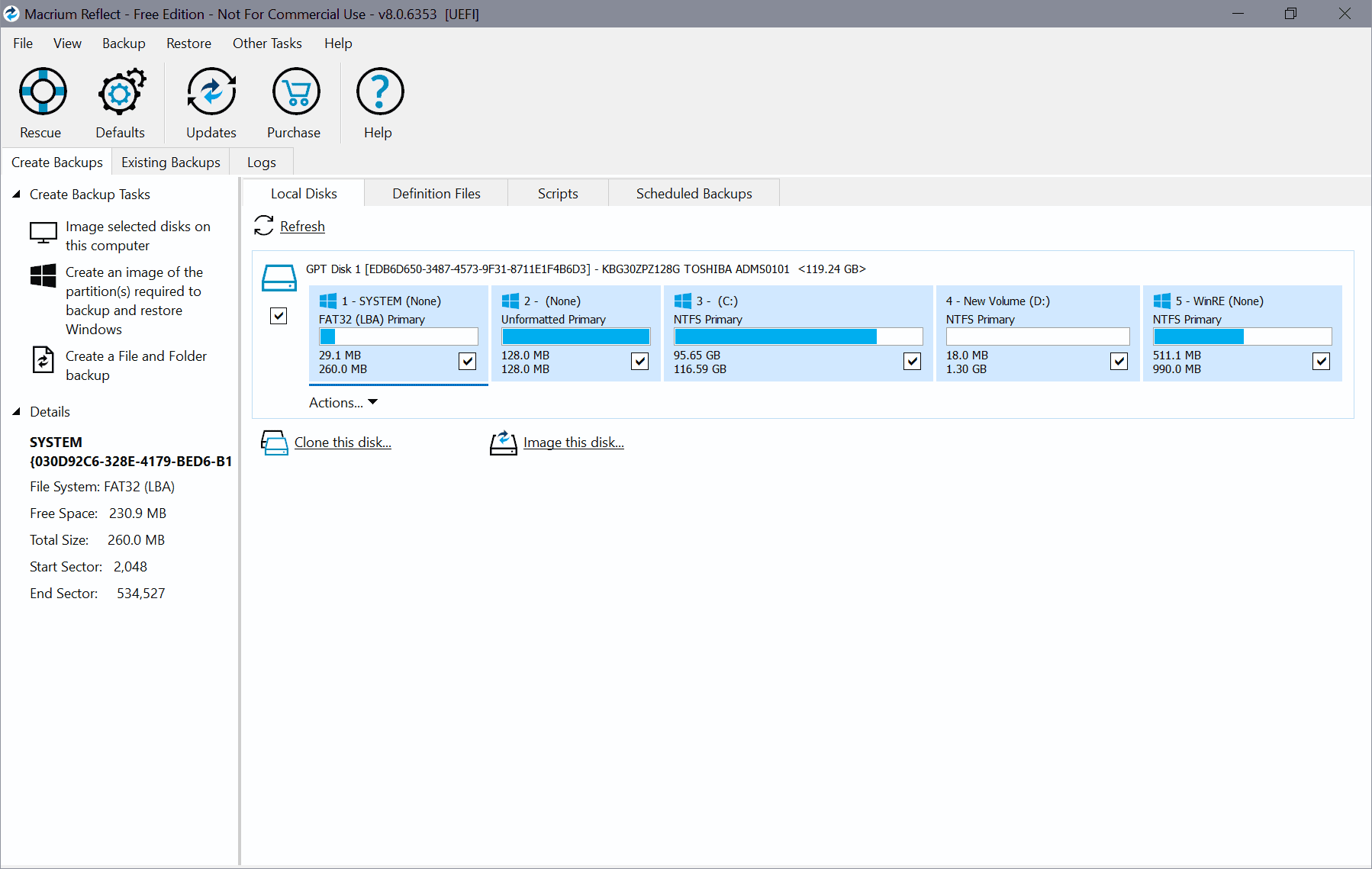
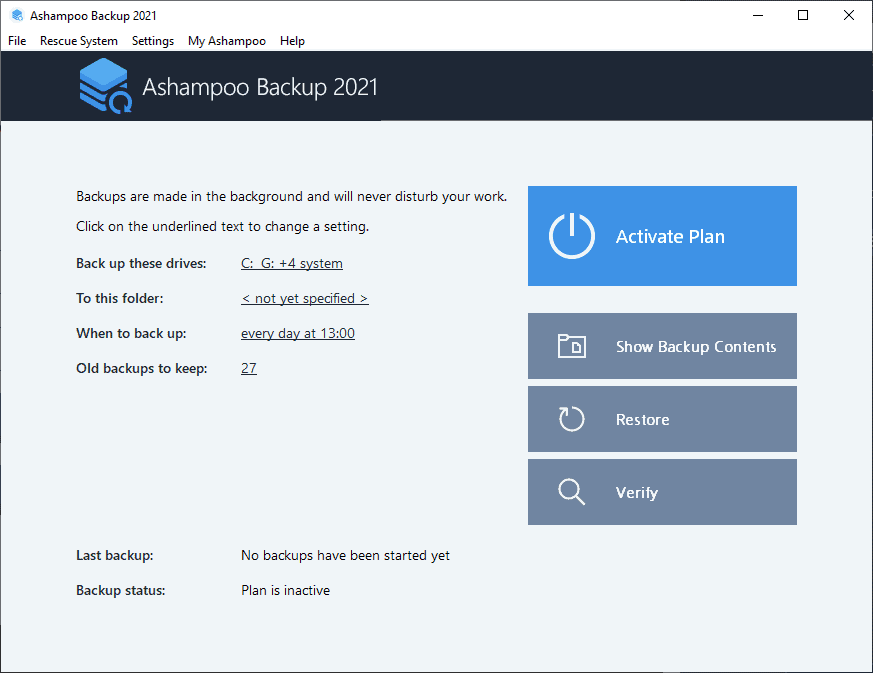










has part 2 Business been written? A clear strategy preferably with advice on software would be v handy…
Totally agree with you about making backups and storing your backups in places that thieves cannot have easy access to.
I’m missing some suggestions like which software to use, some exampels for backup-strategy, ..
Especially because there are tons of backup software out there, I would prefer to get some advice from ghacks. I’ve been trying (am currently) various different software and backup strategies. Which is bad, I know. But each has it’s advantages. Still, I’m not happy with this. I would love to see a really good overall solution.
Which software? i.e. Crashplan, in line with friend / family member for cross backup (off-site).
How about backup from different computers? i.e. work laptop, home desktop, spouse’ notebook, …
Which strategy to follow? i.e. Large file onto NAS, NAS to monthly backup, recent files into dropbox?
Total system backup vs data-only backup?
Sync-only vs backup with roll-back function?
I would like to hear other ghacks readers solutions also.
Cheers
Andy
I find the advice in this article a bit oversimplistic. probalby it is kept simple by choice, because it is only for home users. But I would expect that the average reader of gHacks is worth giving better advice.
It is a bad idea to have your one and only backup disk for two days in the same house. It is not a good idea to make backup copies only once a month. The recent files are the ones you miss the most. Of course once a month is much better than never. With digital photo’s and music and video downloads many users have hundreds of GB’s of data. It is not enough to say ‘make a backup’. That might take hours to perform and is a waste of backup space if this is not directed a bit intelligently.
I am very much willing to contribute further to this, but need a more better starting point.
Martin, with that comment and your Volume Concierge post, I can say that there are at least two of us who do not like noise very much :)
Can you address backup security, e.g. making sure that your back ups are safe from third parties (encryption, password protection).
I’m currently looking for an external drive that I can use for my daily backups. The one thing that I really dislike is that most external drives are rather noisy, have to find a silent one.
After listening carefully to this series of tech podcasts
http://www.podnutz.com/myharddrivedied
I just assume that a noisy HDD = a failing HDD.
I use 2 externally (not usb) powered Cirago 500 GB units that are so quiet I need to check the indicator lights to see if they’re on. And I have normal or above average hearing.
http://www.phys.unsw.edu.au/jw/hearing.html
As long as they are platter-driven, it can be an indicator.